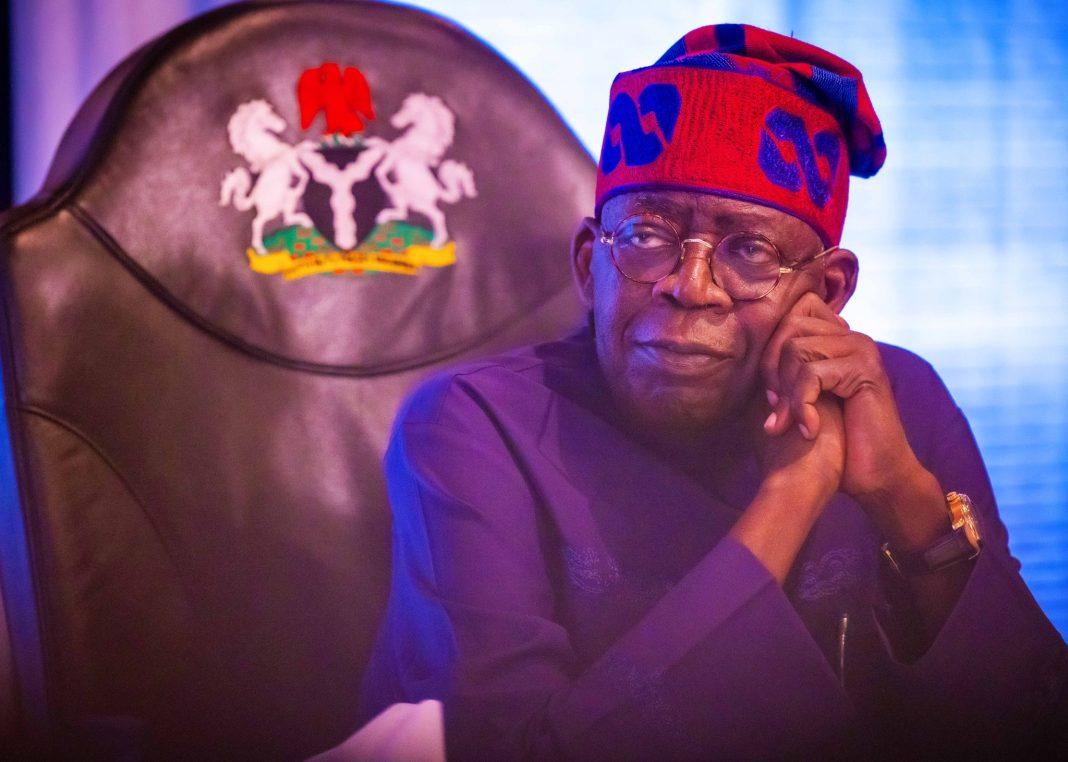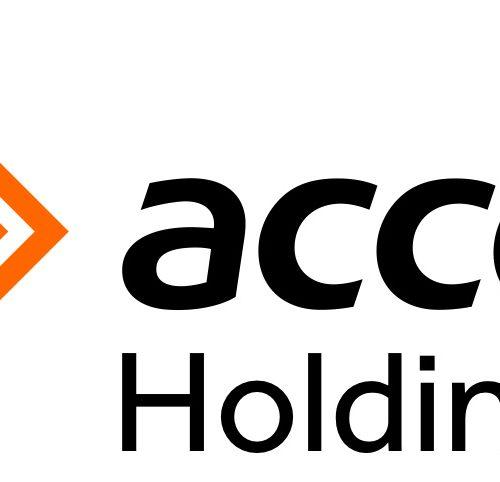Several Nigerian businesses that rely on imports have been cut off by their foreign suppliers who are rejecting letters of credit (LC) and refusing to deliver goods without payment as foreign currency shortages worsen in Africa’s biggest economy.
A letter of credit is a mode of payment used for the importation of visible goods. It is a written undertaking given by a bank at the request of its customer, in which the bank obligates itself to pay the exporter up to a stated amount within a prescribed time frame upon presentation of stipulated documents in exchange for goods.
Foreign suppliers are now demanding cash transfers into escrow accounts in place of LCs as faith in the Nigerian banking system wanes owing to the dollar shortage.
“Nigeria is bad credit today,” a banking source familiar with the matter said. “If the central bank can not honour obligations, why take any risk on a bank from Nigeria?”
The Central Bank of Nigeria (CBN) sold what is called forward contracts to several Nigerian businesses with the promise of dollars at an agreed price in future. The banks opened LCs on the back of the forward contracts, which were then used to buy goods from the foreign suppliers.
“The CBN has however not settled the contracts since February 2023 which means there’s a backlog of around $3 billion,” another source familiar with the matter said.
Worried by the growing backlog and with no assurance of when it will be cleared, correspondent banks are pulling the plugs on local Nigerian banks.
A correspondent bank acts as an intermediary or agent, facilitating wire transfers, conducting business transactions, accepting deposits, and gathering documents on behalf of another bank.

Correspondent banks are most likely to be used by domestic banks to execute transactions that either originate or are completed in other countries. Domestic banks generally use correspondent banks to gain access to foreign financial markets and to serve international clients without having to open branches abroad.
Bankers say the CBN’s failure to clear the dollar backlog has put them in a very tight FX liquidity position and has forced them to suspend several transactions including school fees and Personal Travel Allowance applications.
In the meantime, businesses are getting hammered and are turning to the black market to get dollars at a premium of over 20 percent to fund critical imports.
The persistent recourse to the black market is pushing up the cost of business, with severe implications for inflation.
Nigeria’s annual inflation rate accelerated to an 18-year high of 25.8 percent in August, according to official data.
The August inflation figure rose for an eighth straight month from July’s 24.08 percent, compounding a cost of living crisis worsened by President Bola Tinubu’s reforms.
The last time Nigerians experienced this level of inflation was in August 2005.
“The inflation data in our view reflects only in part the lifting of the subsidy. Much of the pre-existing pressure came from Nigeria’s monetary policy stance in the months that preceded this outcome, and the continued naira depreciation on the parallel market,” Razia Khan, Standard Chartered managing director and chief economist, Africa and Middle East, said.
The naira pared some losses to trade at 995 per US dollar on the streets on Monday after crashing to a new low of N1,050 last Friday. The official rate opened at N747 per US dollar. The gap, which disappeared in the first two days of the CBN’s reform in June, has reopened due to the scarcity of dollars in the official market.
Liquidity in the official market has collapsed to a daily average of $99.81 million, down from $295.58 million between May and June 2023 and $318.46 million between January and May 2023, according to data compiled by BusinessDay.
“The dollar illiquidity in the official market is why the rate in the black market is soaring and the gap between the official rate has reopened,” said Muda Yusuf, CEO of the Centre for the Promotion of Private Enterprise. “That is why the new CBN governor must prioritise clearing the backlog in order to save manufacturers and other businesses.”
The CBN, last June, following Tinubu’s victory at the polls, allowed the naira trade at a market rate by shifting to a willing buyer-willing seller arrangement after eight years of exchange rate controls.
But the CBN is proving that old habits die hard and has started unduly influencing the rates once again, stifling the market and draining the confidence that built in the early days of the reform.
All eyes are now on Yemi Cardoso, the new CBN governor, to see how he deals with the foreign exchange crisis that is threatening the economy.




















